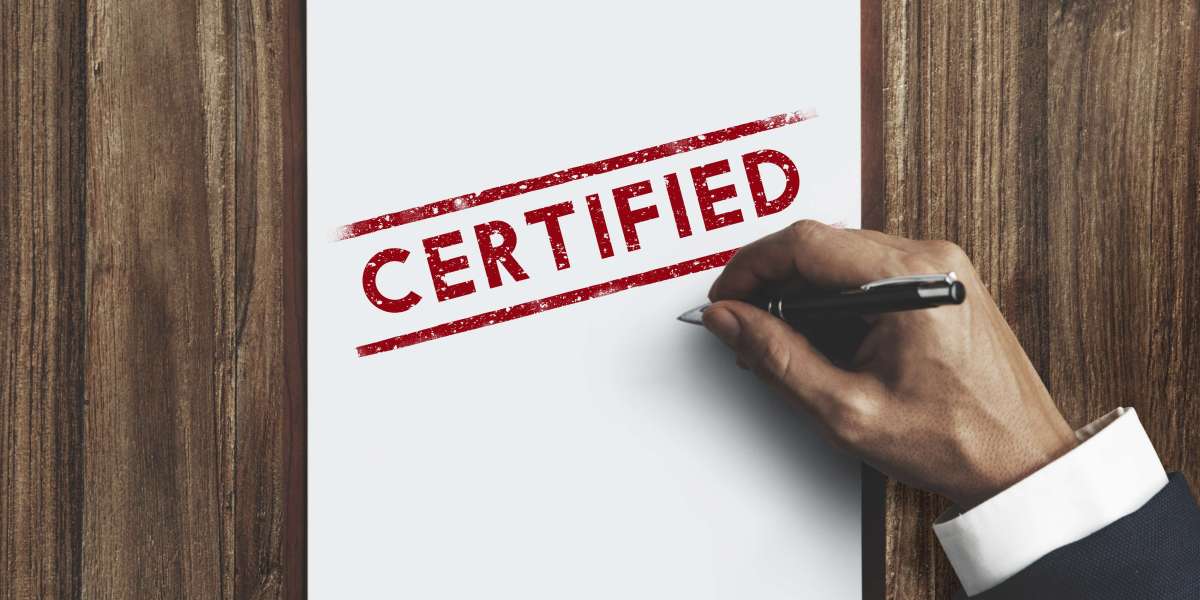If you’ve ever picked up a food product and noticed a small symbol with the word “Kosher,” you may have wondered what it means. Kosher certification tells consumers that a product follows Jewish dietary laws — also known as kashrut — and that every step of its production was carefully supervised. But kosher certification isn’t only important for people who keep kosher. It’s also a mark of quality, cleanliness, and integrity that appeals to a wide range of customers today.
What Exactly Is Kosher Certification?
Kosher certification is a process that validates a food product as meeting kosher requirements. According to Jewish dietary law, some foods — like pork and shellfish — cannot be eaten at all. Others, like meat and dairy, must never be mixed. Kosher-certified products have been checked thoroughly, from raw materials to equipment and storage, to ensure they comply with these important guidelines.
When a company earns kosher certification, it can use a special symbol — called a hechsher — on its packaging. That logo lets consumers know that the product is fit for a kosher diet and that someone qualified has checked every part of its production.
Why Do Companies Seek Kosher Certification?
More and more companies choose kosher certification because it opens up new markets and boosts customer confidence. Jewish customers who observe kosher laws actively look for these symbols when they shop. Beyond that, vegetarians, vegans, people with food allergies, and other health-conscious consumers also appreciate kosher-certified products.
Why? Because kosher certification means more attention to cleanliness and strict separation of different ingredients. Even large retail chains prefer kosher-certified items because they know the label appeals to diverse customers who care about safety and transparency.
What’s Included in the Kosher Certification Process?
Kosher certification follows a detailed, hands-on process. First, a company submits an application listing all the ingredients it uses and the way it handles them. Kosher agencies examine these ingredients carefully — making sure none are derived from non-kosher animals or mixed in a way that breaks kosher guidelines.
Next, an experienced kosher supervisor visits the company’s factory. They check machines, utensils, cooking surfaces, and even packaging areas to make sure there’s no chance of kosher foods coming into contact with non-kosher ones. They also look at storage practices and clean-up procedures to make sure every part of the process is compliant.
Once these steps are complete, the company can earn kosher certification and display the kosher label. After that, the kosher agency will continue to do surprise audits to ensure ongoing compliance. This commitment to regular oversight is one reason customers trust the kosher certification so strongly.
Why Do Consumers Trust Kosher Products?
The strict guidelines behind kosher certification give customers a reason to trust. Even people who do not follow Jewish dietary laws appreciate that kosher products were produced under careful supervision. Kosher-certified foods must follow strict cleanliness requirements — ensuring no contamination between different food types — which appeals to people who worry about allergens like meat or dairy.
And consumers appreciate the honesty that kosher certification provides. It’s a clear signal that someone checked the label so they don’t have to do all the research themselves. Whether they want to avoid animal-derived ingredients, need lactose-free foods, or simply care about food safety, kosher certification provides a simple way to shop with confidence.
Kosher Certification Beyond Food
While most people associate kosher certification with food, you can also find it on other items like cosmetics, vitamins, soaps, and kitchen supplies. Kosher certification in these categories offers customers the same reassurance about the ingredients and processes behind the product. Even cookware and cooking tools may receive kosher certification after proper inspection.
That broad reach shows just how trusted kosher certification has become. Consumers appreciate its strict standards and recognize that kosher-certified items meet a higher level of scrutiny — no matter the industry.
Conclusion
Kosher certification is about much more than religious tradition. It’s a thorough process that looks closely at every part of the supply chain, making sure foods and other products align with strict safety and ethical guidelines. The outcome is a trusted symbol that simplifies shopping for many people.
Whether you follow Jewish dietary laws or simply appreciate products that follow careful procedures, kosher certification provides an extra level of trust. Companies that earn kosher certification show they care about meeting customers’ diverse needs — and customers can shop knowing they’re choosing a product that reflects real attention to detail every step of the way.







